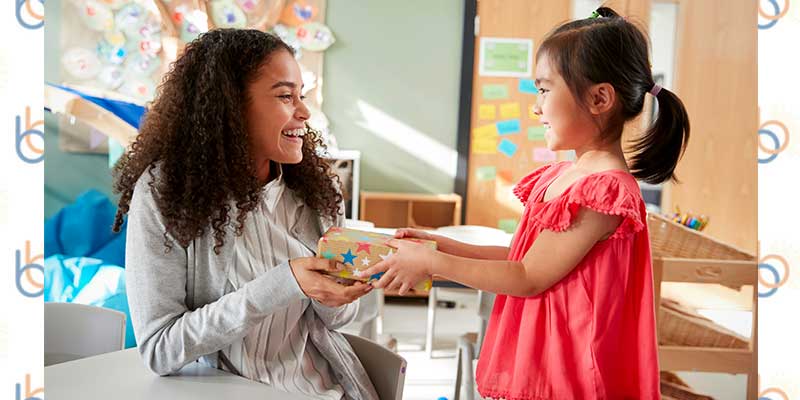Parenting Tips
How to Raise Grateful Children

In this age of entitlement and materialism, it can be difficult to feel that your child appreciates or is grateful for anything. However, there are some ways to try and curb this unattractive fad in your home and raise children that not only say thank you but also mean it.
Be a Model of Gratitude
It’s a proven fact that children learn from experiences. The same is true when it comes to their attitudes. If you as a parent are continually showing an attitude of gratitude and thankfulness, your children are likely to do the same. However, if you spend a lot of time talking about or making money, shopping, watching TV, etc., you are showing them that you value materials more than thankfulness. They are likely to follow your example.
Reduce Exposure to Contrasting Models
You are not the only person who your child learns from. Materialistic models are found by the multitudes on TV and online. If your child is exposed to these models on a regular basis, they will begin to emulate their ideas and values, ones that you may not want in your home. It is suggested that children 2 and up have no more than two hours of screen time per day (TV, computer, video game, and smartphone included).
And when they do come into contact with those values be there to talk about the intentions of the ad and how unrealistic many of them are. This will help to discourage your child’s desire to be that way or want a certain product.
Encourage Intrinsic Values

Research has shown that intrinsic values starkly contrast those that are taught by materialism. This means that if you teach your child to understand and appreciate ideas like having good and healthy relationships, trying to leave the world a better place, and following your own interests and curiosity for personal growth they will be less likely to think selfishly about themselves and what they want and do not have.
Expose them to Suffering and Beauty
When your children are allowed to see true suffering and beauty, they begin to see what they have in comparison and be grateful. Take your child to the local soup kitchen and serve a meal, volunteer your family for mission projects where your children will see others in need. You will be amazed at what they learn from those experiences.
True and deep beauty can have much of the same effect. Museums and nature are great places to start when looking for beauty. This can open their eyes to some of the vastness of the world and life. Typically, this sense of awe and wonder can start a conversation about gratefulness and contentment.
It’s easy to get caught up in all the many advertisements screaming for our attention and that of our children. However, we must remember that the impact of those may have a resounding effect on our youngsters, one that isn’t very desirous. Try at least one of these tips in your home and see how your child is affected. Start small and work your way up. You may just find that your child is genuinely more appreciative.


